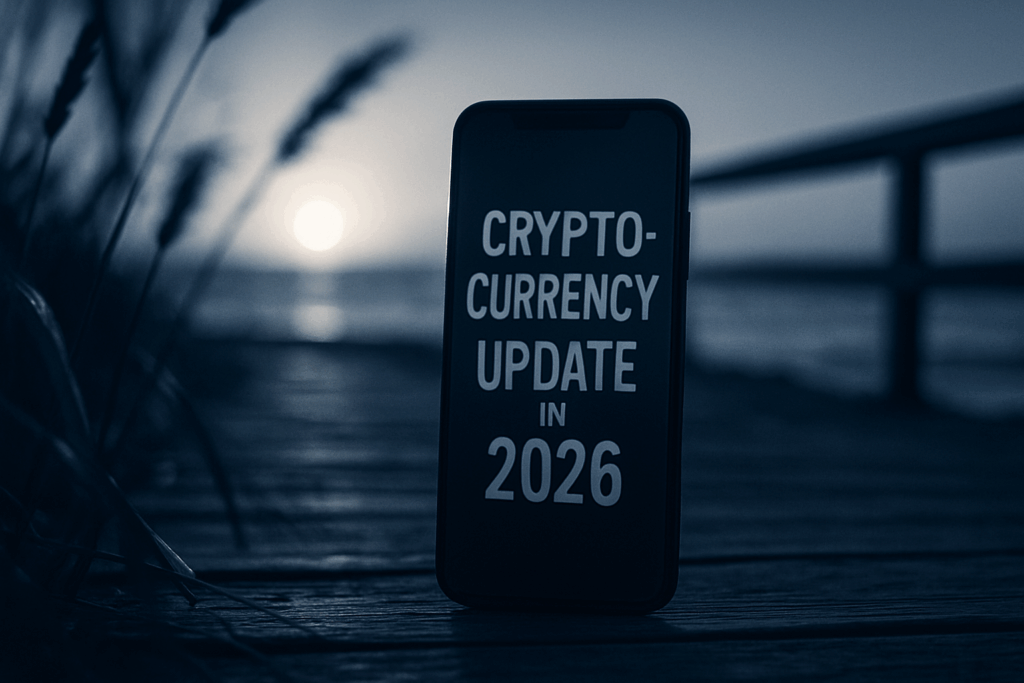907191843 vs. Traditional Spam Calls
Unlike traditional spam—where you might get a call from your own area code to trick you into answering—907191843 doesn’t go incognito. That’s part of what makes it stand out. It comes through asis, and still manages to hit thousands of devices.
Unlike known legitimate sales calls or even political polling numbers, this one usually refuses to speak for itself. That makes it harder to track, verify, or blacklist effectively.
What Is 907191843?
On the surface, 907191843 looks like a phone number or a unique ID. In most cases, people report it as a missed call or a mysterious number that shows up in scam alerts. There’s no verified identity tied to it, and attempts to trace it usually lead to dead ends or foreign call routes.
A growing number of users have mentioned 907191843 on online discussion boards. Some got vague calls that dropped quickly. Others received voicemails with no message. These patterns are often signs of robocalls or phishing attempts.
Common Patterns of Behavior
Here’s what people have reported when they encountered 907191843:
Silent Calls: The phone rings once, then stops. Or someone answers and hears nothing. Repeated Attempts: The number tries calling multiple times a day or week. Generic Messages: If a voicemail is left, it’s often a robotic voice, unclear speech, or just silence.
These behaviors align closely with spam or scam call networks trying to probe active phone numbers.
Possible Risks Involved
Let’s be strategic: ignoring strange numbers is easy, but sometimes curiosity gets the best of us. So what happens if you answer or return a call from 907191843?
Personal Data Risks: These calls may be scripted to make you reveal information—name, location, maybe even financial details. Cost Traps: Some numbers redirect calls to international lines, triggering unexpected charges. Attack Setups: Picking up the phone confirms your number is active. That can put you on a list for future, more aggressive campaigns.
It doesn’t mean every weird number leads to mayhem. But caution costs nothing. Being smart about not answering gives you a better shot at avoiding the risk altogether.
Steps to Take If You’ve Been Contacted
If you’ve received a call from 907191843:
- Don’t Call Back: If you missed the call, let it go. Don’t call back—this might verify your number as active.
- Block It: Use your phone’s builtin tools to block the number.
- Report It: Send a report to your carrier, the FTC, or use apps like Truecaller to flag it.
- Stay Silent: If you accidentally pick up, don’t speak. Hang up immediately.
Every step you take trains your device—and the broader network—to isolate and filter out bad actors.
Should You Ever Answer Unknown Numbers?
Honestly, almost never. If a call really matters, they’ll leave a message. And if they care, they’ll identify themselves clearly. Unknown numbers—especially persistent ones like 907191843—deserve your skepticism.
A few commonsense filters:
Is the call during business hours? Scammers don’t care about time zones. Is your voicemail empty? Most real callers won’t hang up without a message. Is the number local? Scammers often spoof your area code to fake familiarity.
The Bigger Picture: Modern Scam Strategies
Calling patterns like those seen from 907191843 are just one part of larger networks. Scammers are clever. They understand systems, habits, and gaps in how we interact with tech.
What we’re seeing now is more automated and less personal. Scammers don’t need to trick millions—they just need a few people to engage. Every successful call funds the next batch.
Adding to this, personal data leaks and breaches make the job easier for these networks. It’s easier than ever before for a number to look legit.
Final Thought: Stay Sharp, Stay Skeptical
If 907191843 or any unknown number contacts you, keep your response strategy simple: don’t engage. The less attention you give it, the less value your number has in those circles.
Smartphone users have more power now than ever—donotdisturb modes, call filters, blocking features. Use them. Be systematic. And, more importantly, trust your instincts.
You won’t lose anything by ignoring a suspicious caller. But answering the wrong one could cost you.


